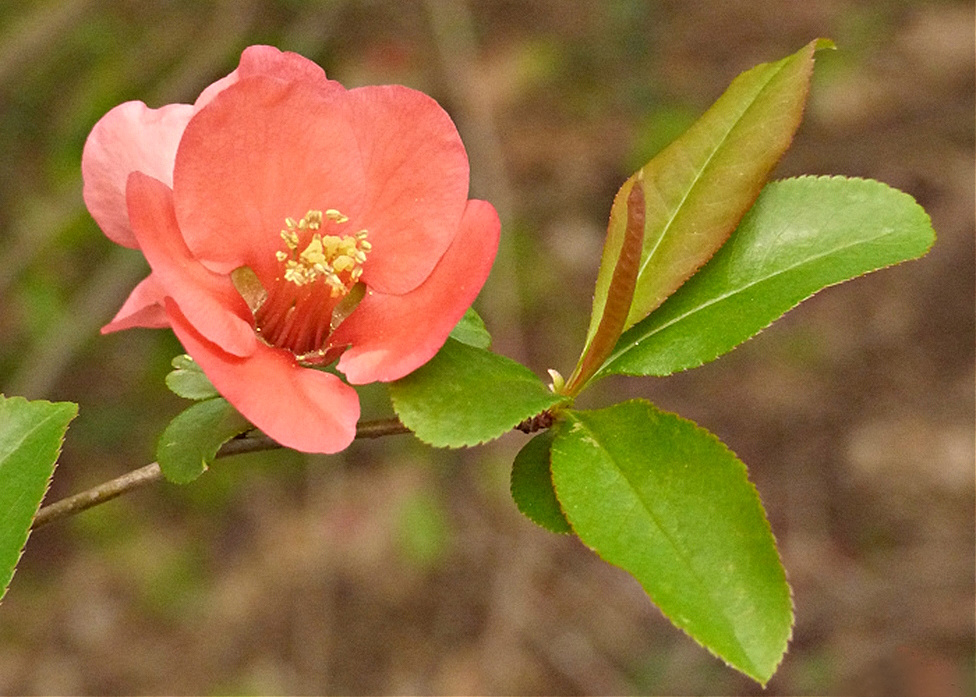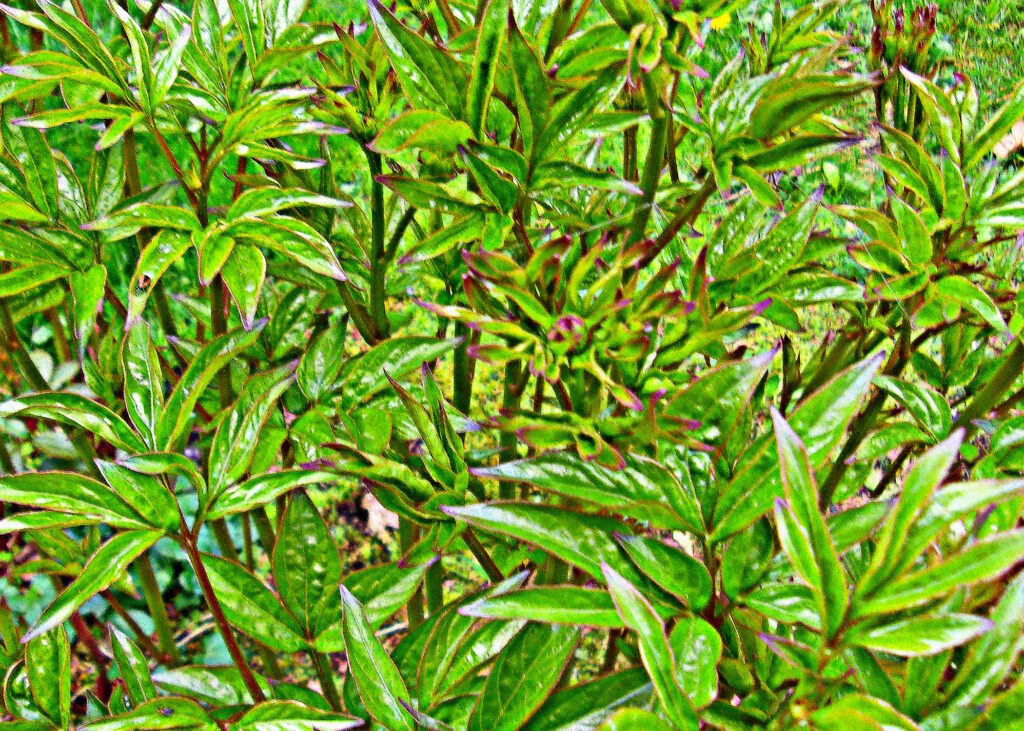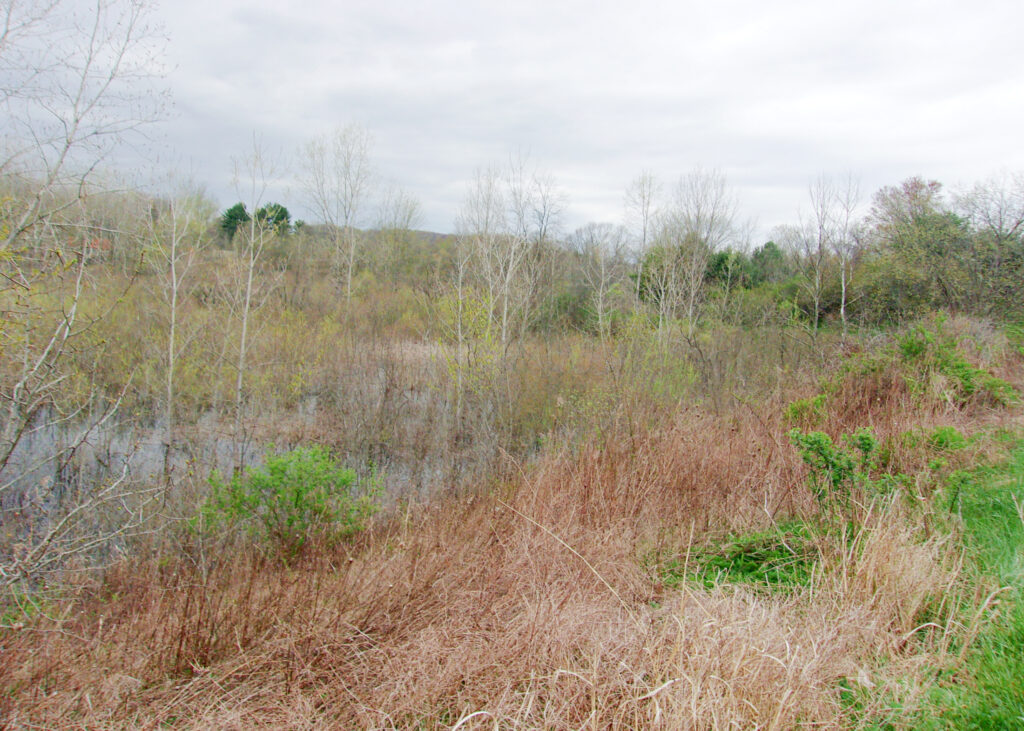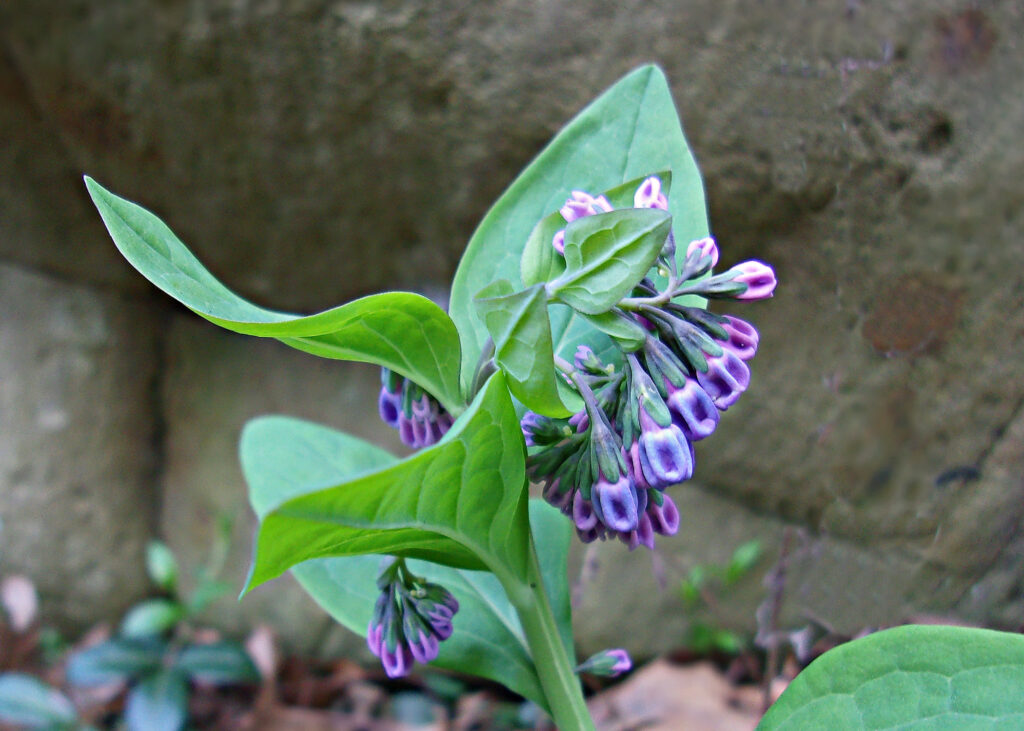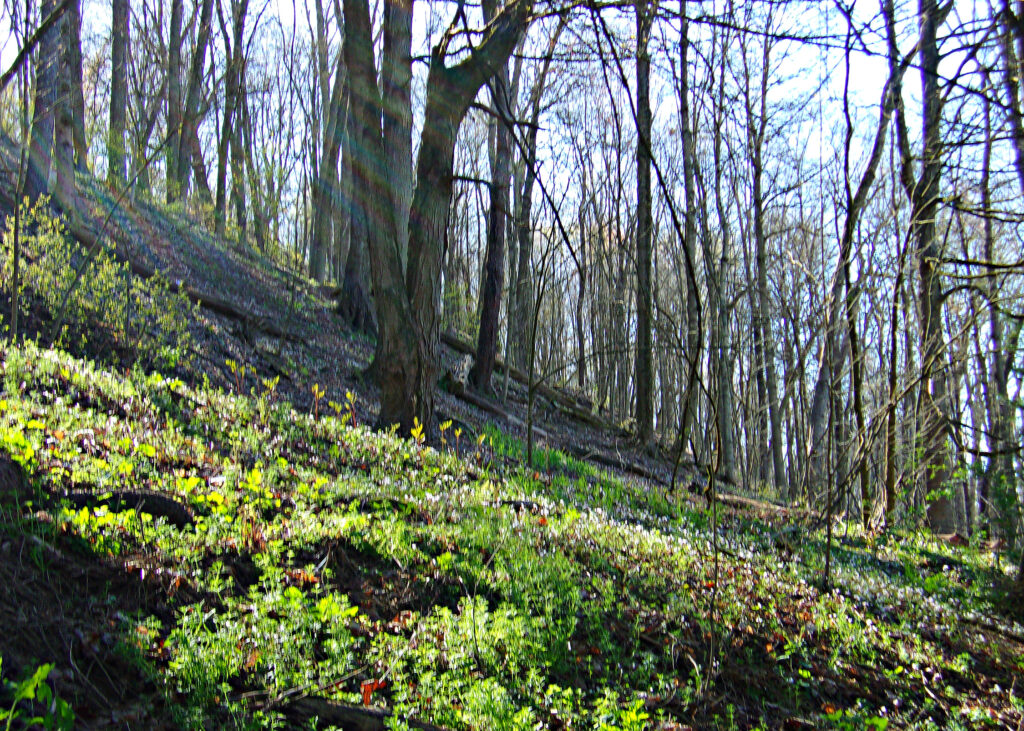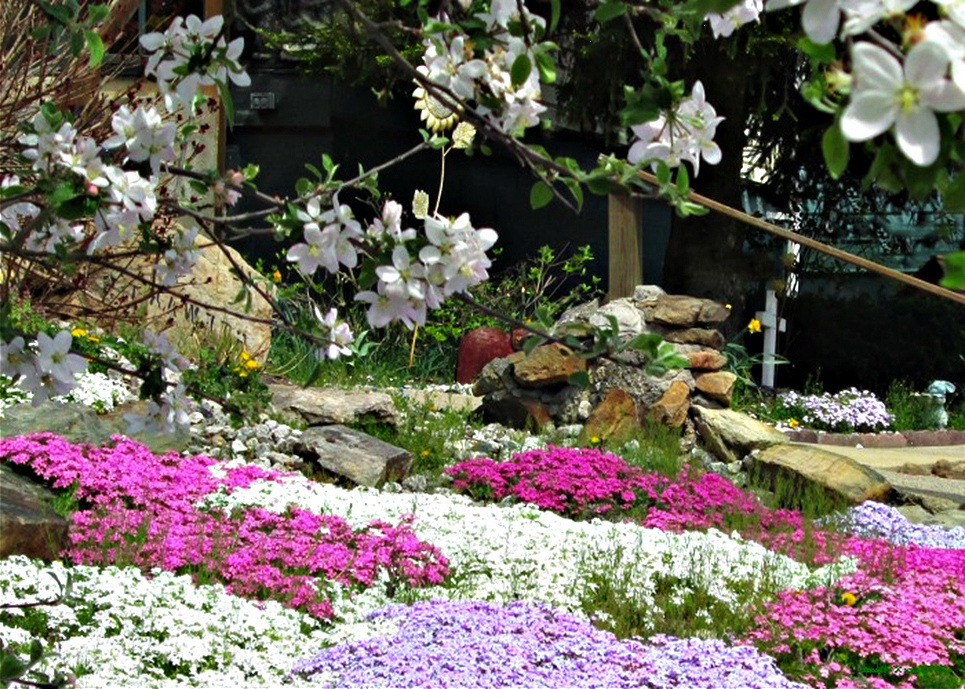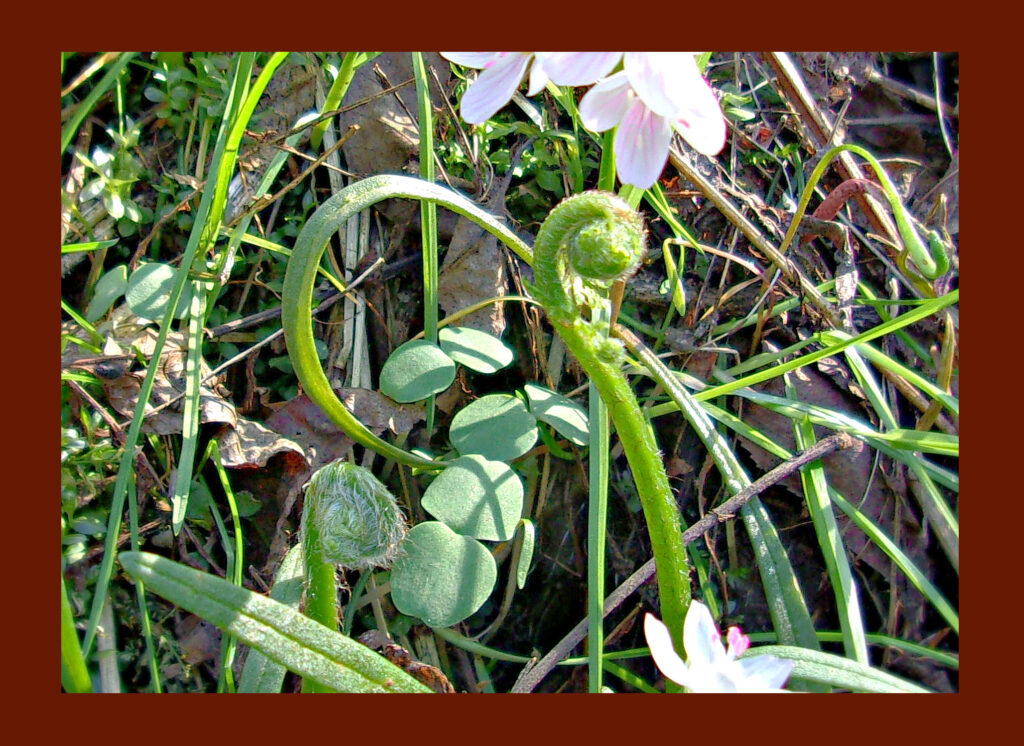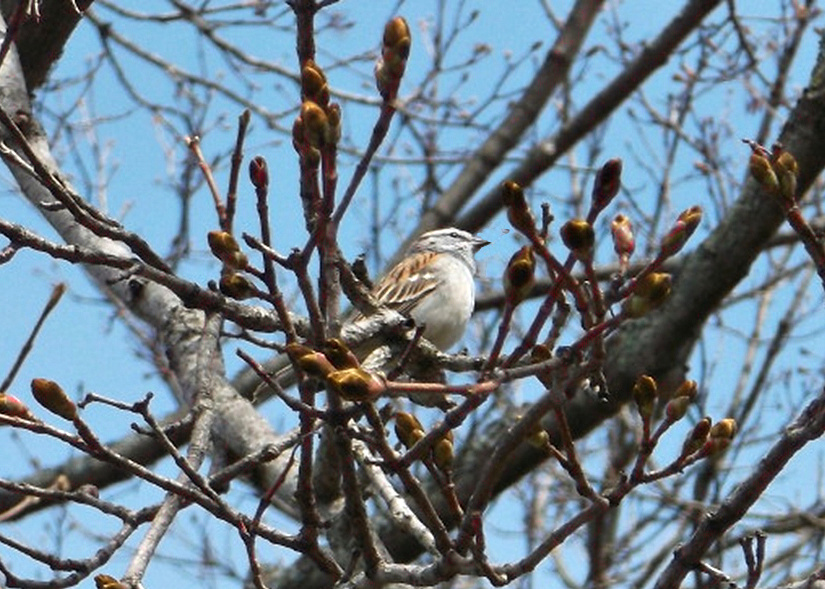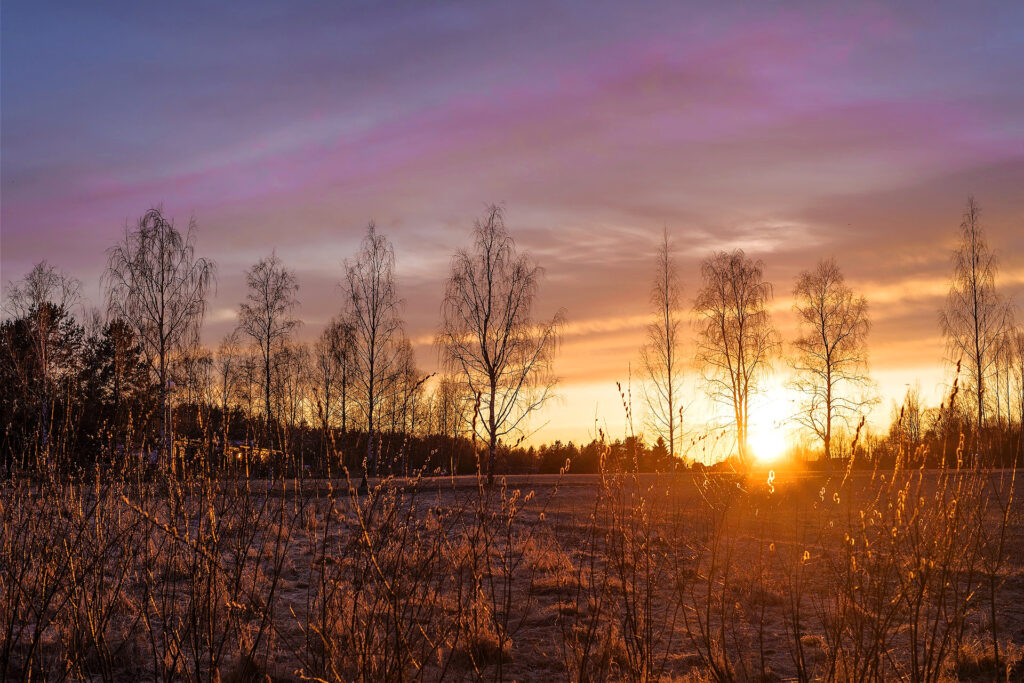
I woke just before dawn yesterday morning. The birds hadn’t even begun to sing. I’m not an early riser. Yet here I was, wide awake. I made a cup of coffee and took it out to my front porch to experience the beginning of the day. As I took my first sip, I noticed a faint ribbon of pink just above the eastern hills, gradually growing brighter. Looking directly overhead, I saw that the sky had gone from dusky gray to a light blue graced by soft clouds. When I looked down again, a whole panoply of color was lighting the sky—pale gold, coral, robin’s egg blue, soft lavender. And as if to acknowledge the coming of another day, the birds woke and began their morning chorus.
I let myself drink in the peace of it. The world has been such a brutal place these last few weeks, its violence and mayhem loud and sickening. Yet here I was, enveloped in birdsong and sunrise, sipping freshly brewed coffee. I felt lucky, and grateful, and kind of humbled to be so blessed. But I wasn’t alone in that. More of us live unscathed by mayhem than are directly touched by it.
Most of us live our ordinary lives, attending to our daily routines and chores, relating in our usual ways with family and coworkers and friends. We share our smiles, and sometimes our tears. We share our rituals, our news, our opinions, our gossip. We play together. We squabble. We make up. All of us. All over the world. And isn’t that beautiful!
That we can go on, determined to live ordinary lives in the face of extraordinary times, is remarkable.
I read a couple paragraphs by American historian and professor Howard Zinn this week. He said:
“To be hopeful in bad times is not just foolishly romantic. It is based on the fact that human history is a history not only of cruelty, but also of compassion, sacrifice, courage, kindness.
“What we choose to emphasize in this complex history will determine our lives. If we see only the worst, it destroys our capacity to do something. If we remember those times and places—and there are so many—where people have behaved magnificently, this gives us the energy to act, and at least the possibility of sending this spinning top of a world in a different direction.”
I get the impression that Zinn is thinking of acts of high bravery and daring when he talks about how magnificently we can behave when tested. And indeed we can. But I think courage is more than the extraordinary act performed at great risk. I think it’s also the determination to go on living ordinary lives as well as we can even when the world seems upside-down. Our small acts of everyday generosity and compassion, consistently performed despite it all, are testimony to our courage.
Mark Twain had this to say about courage: “Courage is resistance to fear, mastery of fear – not absence of fear. Except a creature be part coward it is not a compliment to say it is brave.“
When we live our ordinary lives in the face of what seems almost omnipresent threats, we are being brave. By refusing to surrender to fear – however loudly and persistently the media screams about the world’s evils – we tell the world that it cannot take the best of us. We will behave magnificently, holding to the dignity of our ordinary lives. And sometimes we will pause to recognize that despite it all, we are surrounded by extraordinary goodness and beauty, and, sometimes, when we are bathed in sunrise and birdsong, we will savor long moments of transcendent peace.
Wishing you a week of courageous, ordinary, everyday life.
Warmly,
Susan
